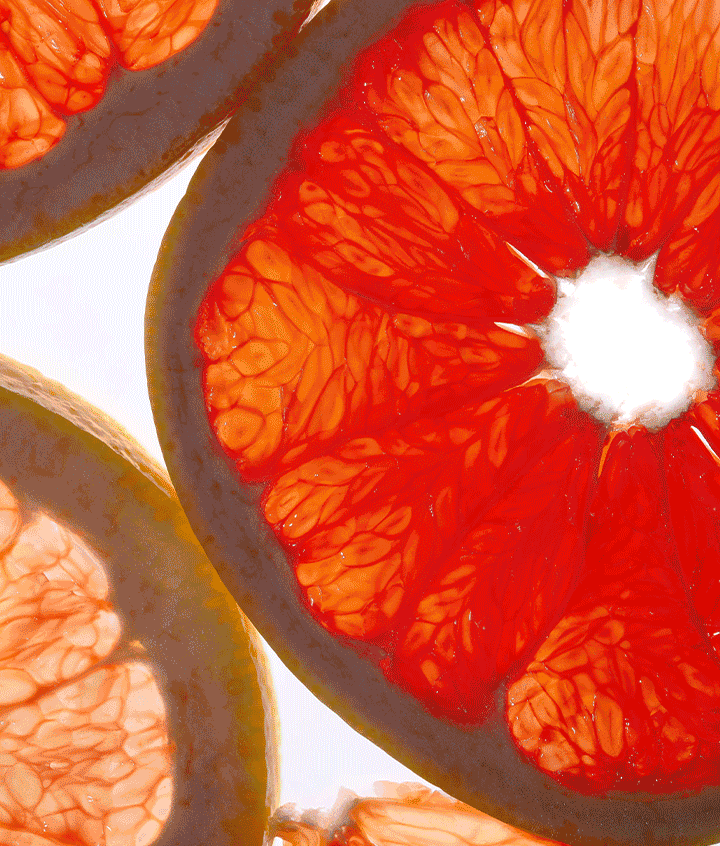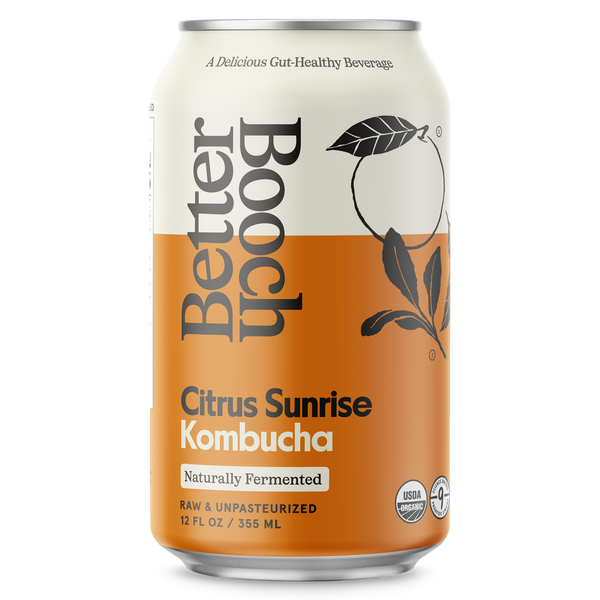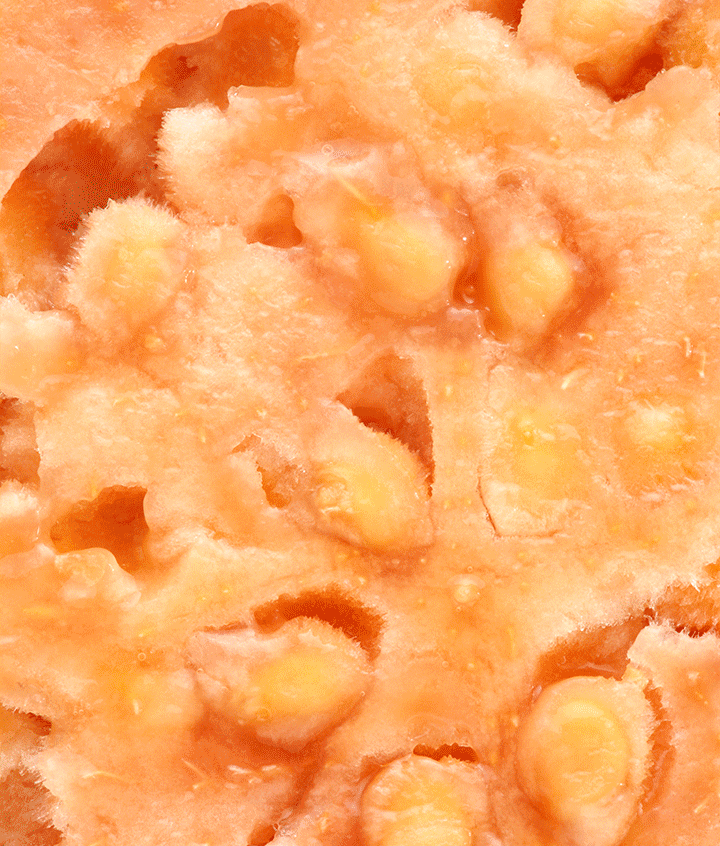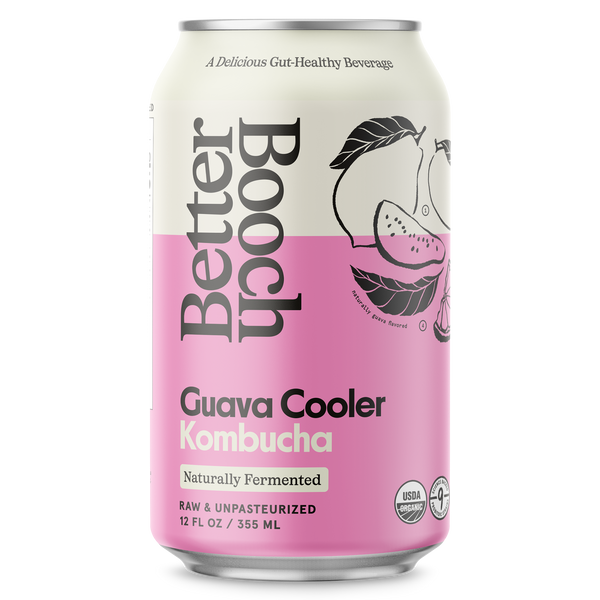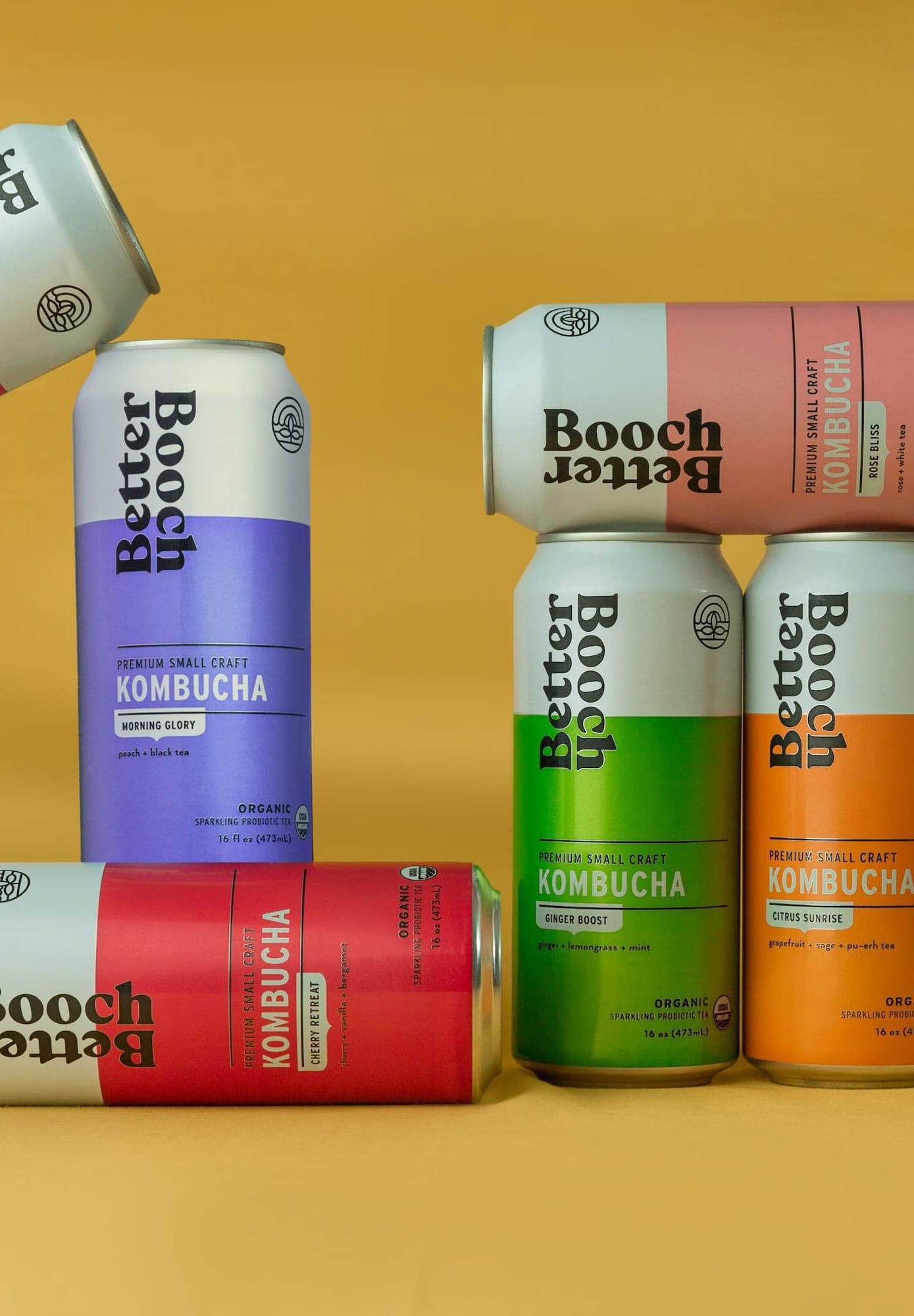by Sabrina Tillman
Each person has a unique microbiome, kind of like a fingerprint, that we’re born with and that develops as we do. The microorganisms that make up your microbiome are influenced by your genetics and environment, including what you eat and drink, exposure to stress and pathogens, and antibiotics you’ve taken.
There doesn’t seem to be one version of a healthy gut, but research points to diversity of microbes as the key, says Kim Kulp, RD, who specializes in nutrition for digestive discomfort, anxiety, and depression.
The greater the variety of different microbes, the better a person’s gut health. But how does gut health impact the rest of the body?
A healthier gut can help with immune response and better heart, brain, lung, skin, and liver health. It appears to play a role in obesity, which can also help with less diabetes, notes Kulp, owner of the Gut Health Connection. “We’re now seeing a connection with mental health as well, with a healthier gut helping with anxiety and depression,” she says.
The Gut-Brain Connection
So is it true that the feels-like-sunshine-on-your-face vibes you get when sipping that sparkly booch could legitimately make you feel happier?
“We used to think that the brain was the control center, and our gut just listened to the brain. We now understand that the communication goes both ways — from brain to gut, as well as gut to brain,” explains Kulp.
If you’ve ever felt butterflies fluttering in your stomach before a job interview or when you’re plucking up the nerve to ask that cutie out, you’ve felt the gut-brain connection. Like a teenager on her phone, communication between the gut and the brain is constantly sent via nerves, neurotransmitters, hormones, immune cells, and signals from the microbes that live in your gut.
The gut-brain axis connects through endocrine, immune, and neural mechanisms, but the vagus nerve provides a straight shot from the gut to the brain. Research shows1 that stimulating it has resulted in non-drug treatment of epilepsy, depression and mood improvement, and gastrointestinal diseases2.
Transferring the microbes found in poop from one animal to another impacted the way the animal behaved3 and provided proof of how the vagus nerve influences the gut-brain axis. The takeaway here isn’t a pitch for poop injections, but rather a more sanitary approach of following a diet that can modify your microbiota for the better.
What to Eat for a Healthy Gut
“It’s these microbes [in our guts] that we’re finding are so important to our physical and mental health,” says Kulp. “Diet is one way we can improve our balance of microbes, improve our gut-brain communication, and overall health.”
To get a greater variety of microbes, you need a more diverse diet — with an emphasis on plants. Research from the American Gut Project4 showed that people who ate more than 30 different plant foods each week had more diversity in their gut microbes than those who ate 10 or less. Those foods include fruit, vegetables, whole grains, nuts, seeds, and legumes.
“Most of the time, supplements are unnecessary, and since they’re unregulated can occasionally even be dangerous,” says Kulp. “Food before supplements, unless you need a specific probiotic supplement strain for a very specific need.”
Add more plant-based foods for prebiotics, yogurt or kefir for probiotics, and fermented foods like kimchi, sauerkraut, and kombucha to support a healthy gut, Kulp advises.
Kombucha and Gut Health

Kombucha is a symbiotic — a marriage of prebiotics and probiotics. The prebiotic5 encourages the bud of beneficial bugs in the gut, and the combo of yeast and bacteria in kombucha creates probiotics6 that promote the growth of mighty microbes in the intestine.
Probiotics are microorganisms that, in the right amounts, can provide benefits to their host. Studied benefits include balancing bacteria in the intestines, boosting the immune system, and keeping the gut functioning normally.
Prebiotics feed the beneficial microbes in the gut. They’re certain types of fiber, polyphenols (plant nutrients), and resistant starches (these starches can withstand our digestive enzymes). “Think of prebiotics as the fertilizer for your microbes,” says Kulp. “The best way to get prebiotics is to eat more plants.” Drinking kombucha helps, too.
“Recently, a study came out showing that consuming more fermented foods7 increased gut microbe diversity — and kombucha is a fermented food,” says Kulp. “It’s greater diversity in these microbes that’s connected to better physical and mental health. Based on this, drinking kombucha can contribute to a healthy gut.”
But kombucha offers more than prebiotics and probiotics. Its antimicrobial activity8 can help shield you from food-borne bugs that would otherwise leave you stooped on all fours over the toilet.
Drinking kombucha can reduce the effect of stress and inflammation9, improve the liver’s natural detox process, and help keep your microbiota balanced. There’s even evidence that kombucha can be beneficial in the treatment of obesity because of the way it impacts the gut.
Kombucha may protect against cancer10 and cardiovascular disease, and stimulate the immune system. The polyphenols — or supercharged antioxidants — in tea combined with the secondary metabolites that occur during kombucha fermentation team up to block the growth of cancer cells and possibly prevent the gene alteration11 that can lead to cancer.
Of course, we believe in the sparkling symbiotic power of kombucha. We built a business around that faith. But, we know that balance in the gut and in life comes from the union of diverse influences and conscious choices. We’ll keep sippin our booch but also strive to live in ways that encourage a healthy gut for life.
References
1. Christine Fülling, Timothy G. Dinan, John F. Cryan, Gut Microbe to Brain Signaling: What Happens in Vagus, Neuron, Volume 101, Issue 6, 2019, Pages 998-1002, ISSN 0896-6273
2. Bruno Bonaz, Valerie Sinniger, Sonia Pellissier, Vagus Nerve Stimulation at the Interface of Brain-Gut Interactions, Perspectives in Medicine, 12 (7), 2022, ISSN 2157-1442
3. Pricila Romão Marcondes Ávila, Mayara Fiorot, Monique Michels, et al, Effects of microbiota transplantation and the role of the vagus nerve in gut–brain axis in animals subjected to chronic mild stress, Journal of Affective Disorders, Volume 277, 2020, Pages 410-416, ISSN 0165-0327
4. Marie van der Merwe (2021), Gut microbiome changes induced by a diet rich in fruits and vegetables, International Journal of Food Sciences and Nutrition, 72:5, 665-669
5. Rodrigo Jose Santos Jr., Rejane Andrade Batista, et al, Antimicrobial Activity of Broth Fermented Kombucha Colonies, Journal of Microbial & Biochemical Technology, Vol 1 (1)
6. Kozyrovska N. O., Reva O. M., Goginyan V. B., de Vera J.-P., Kombucha Microbiome as a Probiotic, Biopolymers & Cell, 28 (2), 103-113
7. Bryn C. Taylor, Franck Lejzerowicz, et al, Consumption of Fermented Foods Is Associated with Systematic Differences in Gut Microbiome, American Society for Microbiology Journals, Vol 5 (2)
8. Selma Ahmed, Hamid Dirar, Studies on the Microbiology of Kombucha, U. of K. J. Agric. Sci. 13 (1), 2005
9. Mirian Aparecida de Campos Costa, Darlene Larissa de Souza Vilela, et al, (2021) Effect of kombucha intake on the gut microbiota and obesity-related comorbidities: A systematic review, Critical Reviews in Food Science and Nutrition
10. C. Dufresne, E. Farnworth,Tea, Kombucha, and health: a review, Food Research International, Volume 33, Issue 6, 2000, Pages 409-421, ISSN 0963-9969
11. Seyyed Mojtaba Mousavi, Seyyed Alireza Hashemi, Maryam Zarei, et al, "Recent Progress in Chemical Composition, Production, and Pharmaceutical Effects of Kombucha Beverage: A Complementary and Alternative Medicine", Evidence-Based Complementary and Alternative Medicine, vol. 2020, Article ID 4397543, 14 pages, 2020
